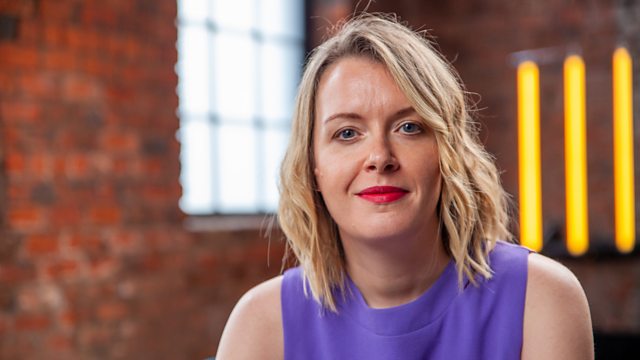
Are Fraudsters Psychopaths?
David Wilson investigates how fraudsters can target and exploit people when they are at their most vulnerable, by posing as trusted figures such as doctors or funeral directors.
Professor David Wilson investigates how some fraudsters prey on victims when they are at their most vulnerable, by assuming positions of trust in order to rip people off.
David looks into the story of funeral director Barry Stevenson-Hamilton, who sold fake funeral plans and pocketed the cash for his own use. Stevenson-Hamilton posed as a figure who could be trusted and who would help people through bereavement, but all the time he was running a scam. David meets one of his victims, Susan Mitchell, who explains the trauma of discovering that the plan she had in place to pay for her mother's funeral was a fake. Stevenson-Hamilton was eventually exposed by whistle-blower Sarah Yorke, and David interviews Sarah about how she discovered the fraud, and how she went about bringing it to light. Sarah reveals how difficult and isolating it can be to take the step of accusing a colleague, or boss, of a crime. In the end, Sarah was proved right, as Stevenson-Hamilton was sentenced to 33 months in prison.
David also explores the case of Zholia Alemi, who posed as a psychiatrist in the NHS for two decades before being exposed as being unqualified to practise. David interviews Herald health correspondent Helen McArdle to find out more about how this kind of fraud within the health service is possible, what can be done to prevent it, and that damage it does to the trust between patients and doctors.
Finally, David discusses the psychology behind the type of personality that would callously target and exploit vulnerable people - is this kind of behaviour psychopathic?
Last on
Credits
| Role | Contributor |
|---|---|
| Presenter | David Wilson |
| Producer | Christine Johnston |
| Production Manager | Eilis Martin |
| Executive Producer | Harry Bell |
| Series Producer | Andrew Abbott |
Broadcasts
- Tue 5 Dec 2023 22:00
- Wed 24 Apr 2024 23:30
